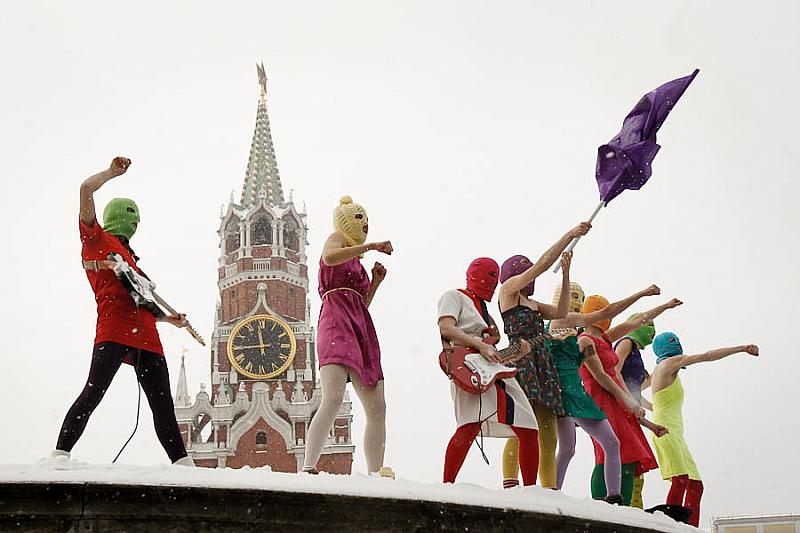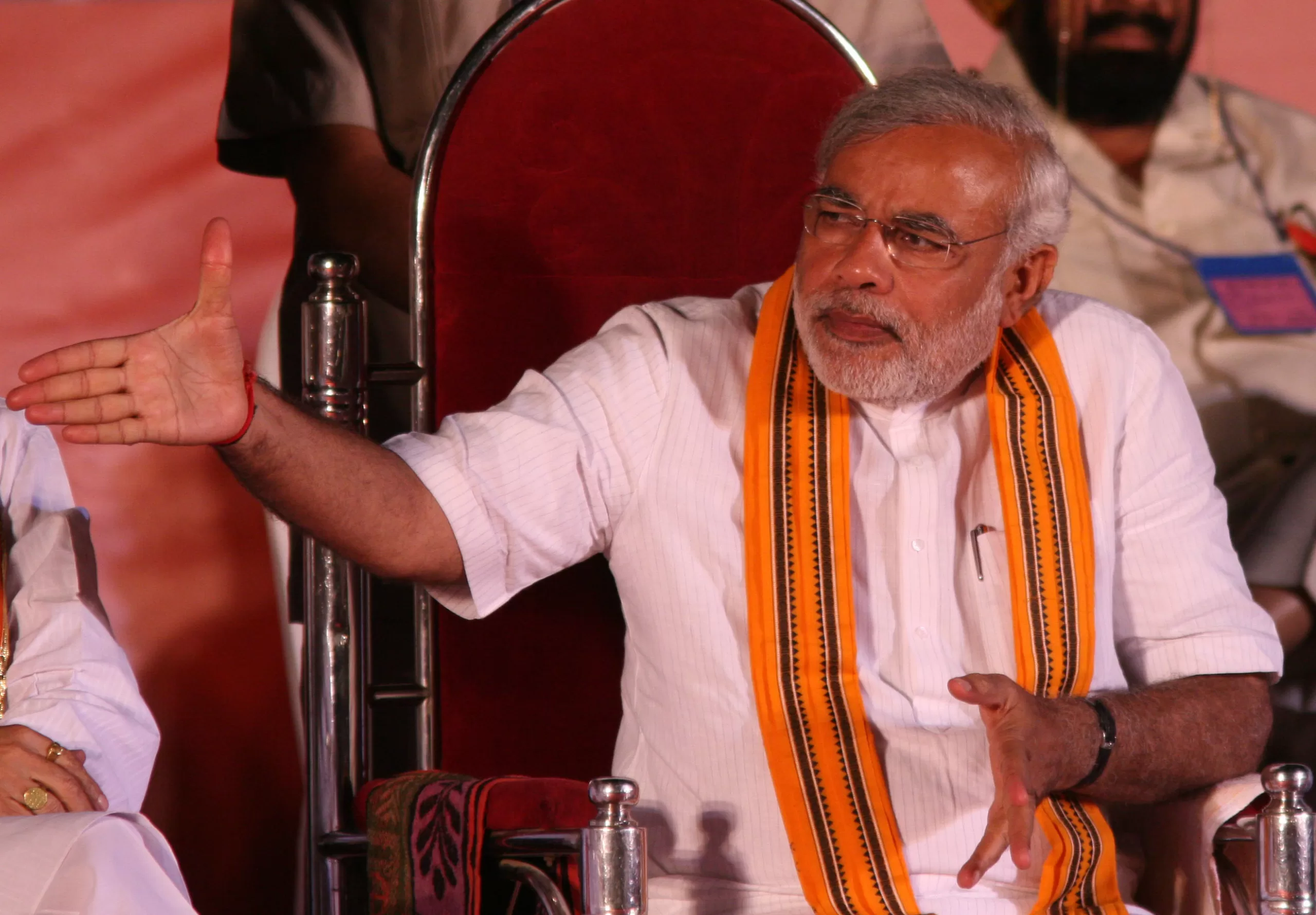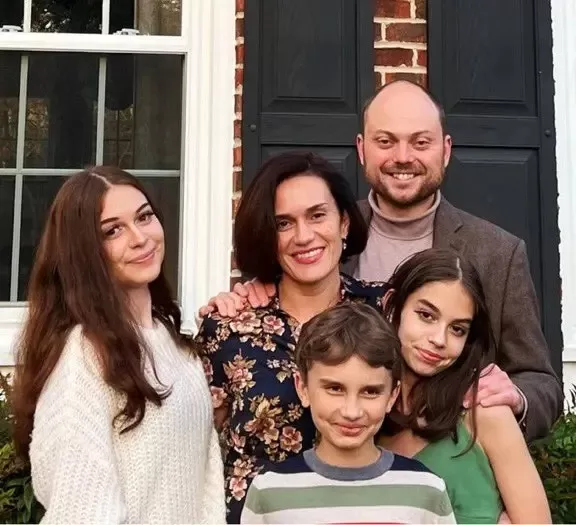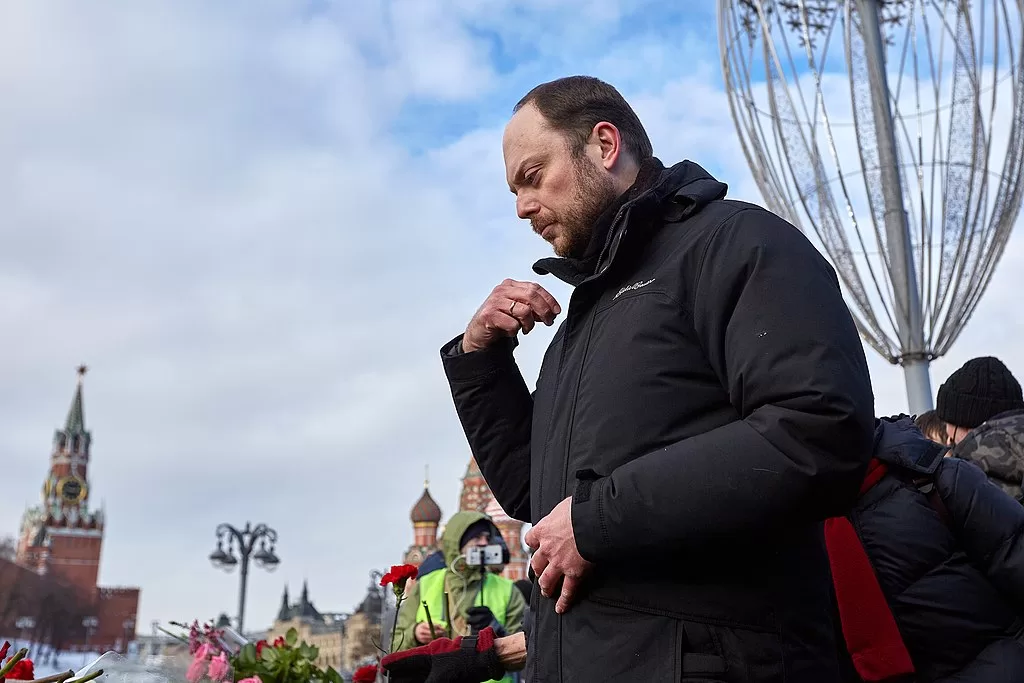Index’s Padraig Reidy speaks to two members of the Russian feminist punk group on a secret trip to the UK

Pussy Riot members perform in Moscow
What hits you first is their youth: Sitting in a Bethnal Green classroom, two slight young women are telling the story of one of the most famous protests of recent years. Both are in their early 20s, and both dressed in punk/riot grrrl uniform that means they fit right in in this corner of east London.
We’ve been summoned here at short notice: the women, members of Russian punk feminist collective Pussy Riot do not want their itinerary to be known. They speak over each other, through a translator, making it sometimes impossible to tell who exactly is saying what: it matters little as the message is unequivocal and direct.
They are not keen on personal information. Partly because of wariness of the authorities, but also partly because the group is not especially interested in stardom, or at least the kind of stardom young women experience. The famous balaclava illustrates both points.
The masks are there to conceal identities from the authorities, they say. But they are also to prevent their faces being commodified, turned into consumer products.
The wish to play down the individual extends even to naming influences on their work. Asked what music and artists they like, they refrain from giving individual names, instead citing DIY Punk and 20th Century Russian women artists: “We have influences, but we don’t want to name people and create idols.”
“Pussy Riot’s not about who started the movement – no one knows who started Straight Edge, for example.”
It’s a pure punk ideology: individual freedom at all costs, but no more heroes. Anyone can do it.
This is great, but as with punk, is there a risk of appropriation by people who may not be entirely on message? The two women suggest that the important thing about Pussy Riot and those who would mimic them is that they have something to say: the symbols in themselves are not important. They do, however, hint at a “difficult relationship” a new documentary film about the group, suggesting commercial elements they’re not totally happy about. But they acknowledge that it may still be useful in helping them achieve their aims, likening their feelings about it to Madonna’s support for their cause.
What do Pussy Riot want? The answer is swift; “Third-wave feminism. Real co-operation between men and women.”
“The old ways of promoting gender equality don’t work any more,” they say.
Doesn’t their method risk alienating people, particularly in Putin’s Russia?
“It’s not important whether people see our work as good or bad,” they tell the small group, including Index, that has gathered to meet them. “The point is to raise discussion. This is happening, particularly through social media.”
Of course, the reaction has to their actions has gone far beyond Twitter. The state came down hard on the group after they staged a protest performance at Moscow’s Christ The Saviour Cathedral in February 2012, weeks before the presidential election that saw Vladimir Putin return to power.
Two of the members who took part in that “Punk Prayer” Maria Alyokhina and Nadezhda Tolokonnikova, are now in a penal colony. A third Pussy Riot member, Yekaterina Samutsevich, was sentenced, but later released on appeal on the basis that she had not taken full part in the cathedral protest. The three were arrested the day before the election. One member suggests that this was a “present” to Putin.
“We had not planned for the extreme reaction from the authorities,” they say. Do they expect further prosecutions? “We’re sure the authorities have the names of others who’ve taken part in actions, but three [prosecutions] is enough for them at the moment.”
How many members of Pussy Riot are there?
“At the moment, eight. Each member has a different story of how they came to join the group, and brings their own talents. But Pussy Riot is open to everyone. The group grows when specific actions are planned.”
Since the election, Putin has been vigorously pursuing the promotion of “traditional values” in Russia, and at the United Nations, where Russia, along with Saudi Arabia and China supports moves to “protect human rights through traditional values” .
The Duma recently passed laws outlawing offending religious feelings and the “promotion” of homosexuality — deliberately conflated with paedophilia in the new law.
“The society Putin proposes is a very macho, male-dominated society,” the Pussy Riot members tell me. The recent legislation, they claim, shows that the government is scared of Pussy Riot and other opposition movements. “The efforts of the authorities are now geared towards the removal of activists leaders,” they say.
Are they in touch with their jailed colleagues? “We know Nadezhda has not received any letters for a month,” they say. They are supposed to be allowed an unlimited amount of post.”
“Masha went on hunger strike for 10 days,” they add, “protesting against collective punishment in the colony.”
They ask that international allies continue to raise the issue of the imprisoned Pussy Riot members in their own country, stressing that they see their fight as universal:
“It’s important to connect this with similar issues around the world,” they say. “This is a litmus test. What happened to us could happen to anyone.”
They dismiss the idea that the group’s huge international profile is a sign of progress: “Success comes when we change the laws. We are now in a fight. When the world is less sexist, when we have achieved our goals, then we will celebrate.”
Padraig Reidy is senior writer for Index on Censorship. @mePadraigReidy.
Index is grateful to Cat Lucas at English PEN for arranging this interview
Index on Censorship’s Sara Yasin will be discussing Pussy Riot after a screening of “Pussy Riot: A Punk Prayer” at London’s Bloomsbury Theatre on Sunday 23, June. More details and tickets here




